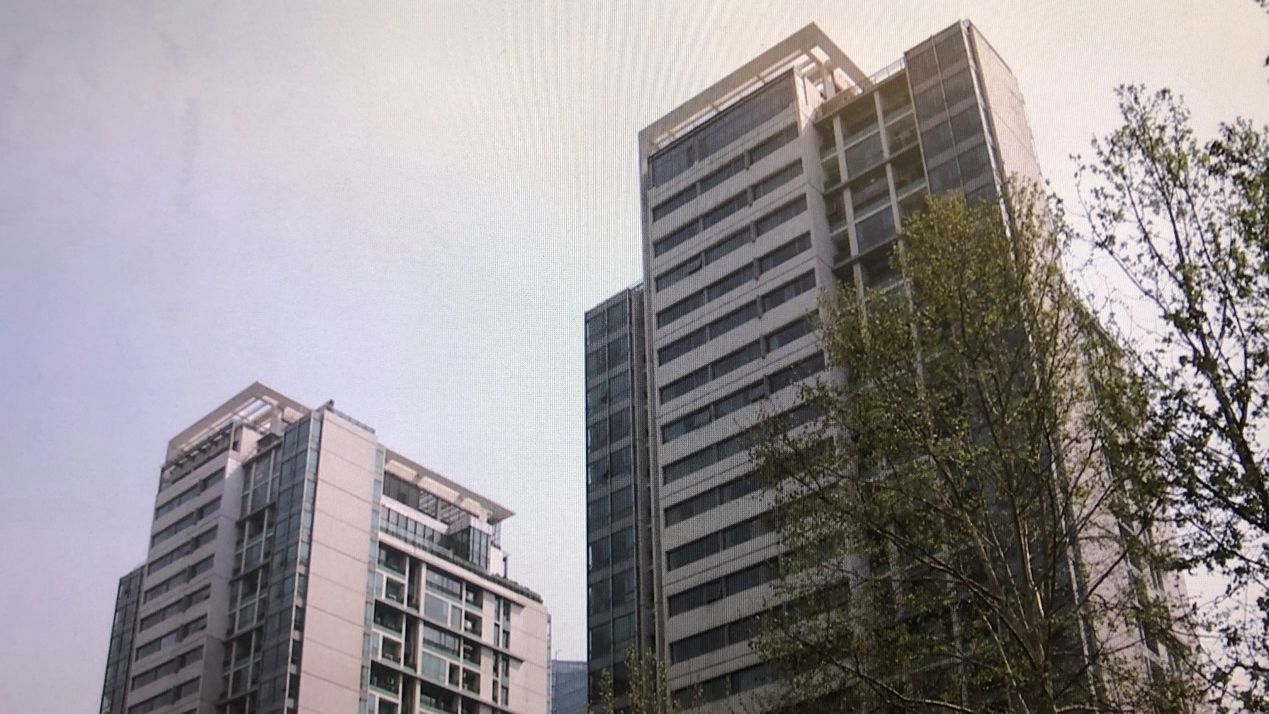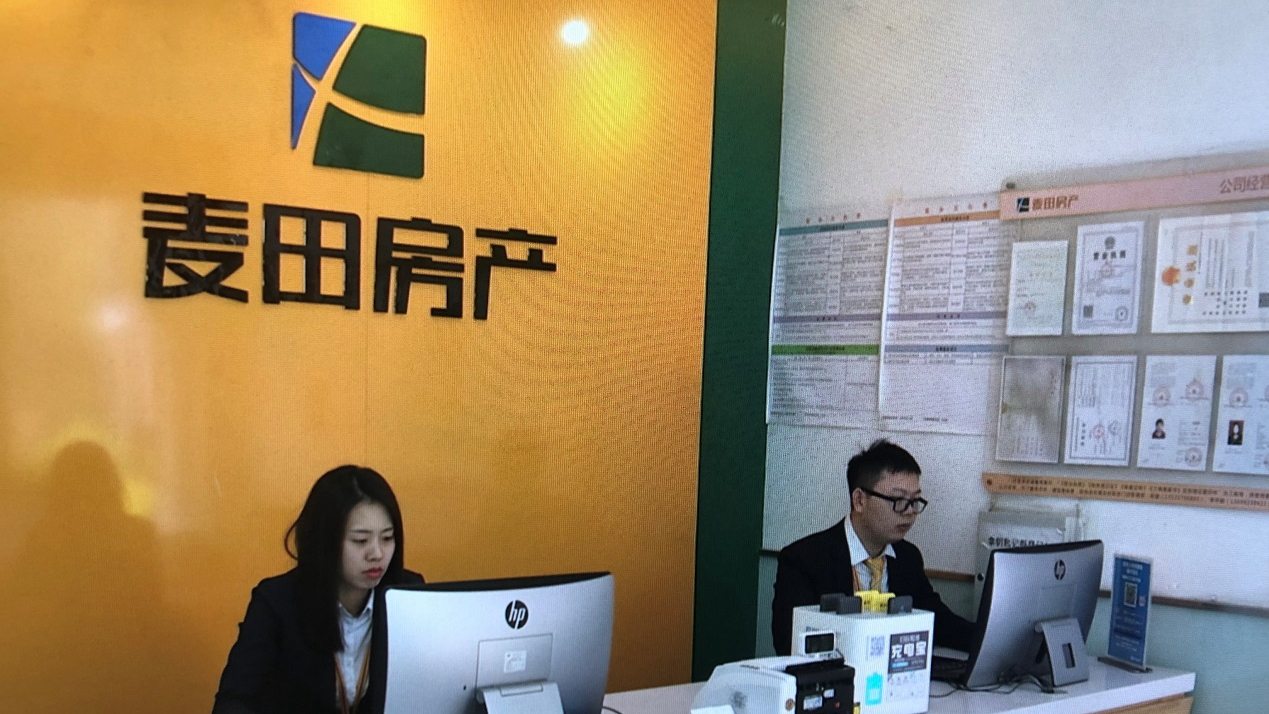
Money Stories
10:02, 17-Apr-2019
China's housing prices go up slightly as stability prevails
Song Yaotian
02:42

New data from the National Bureau of Statistics shows that the property market remained stable across China in March. The month also marked the second anniversary of Beijing's restrictive policy on house purchases, which aimed at cooling the capital city's over-inflated housing market.
The bureau said that the price of new houses in China's first-tier cities increased 4.2 percent year-on-year in March while the prices of pre-owned houses in those locations saw just a 0.5-percent growth year-on-year.
The Maitian Real Estate Agency in central Beijing said that it saw just slight changes in its transaction volume in March when realtors normally expect promising seasonal growth in sales.
Fan Jinping, district director of Maitian, said: "We arrange six blocks in the Guomao area (Beijing's central business district). Before the Spring Festival, we might sell three to four apartments a month. But after the Spring Festival, in March, we sold four to five apartments. So (it's) not a big jump."

Employees of the Maitian Real Estate Agency /CGTN Photo
Employees of the Maitian Real Estate Agency /CGTN Photo
Fan said that 95 percent of the agency's customers are upgrading from smaller units, and the remainder are first-time buyers, many being youngsters securing a small house when they have some money in hand.
According to Fan, her agency rarely sees people buying houses for investments, which was not the case two years ago. The Beijing housing market had been over-inflated for years before it peaked at the beginning of 2017. From September 2016 to March 2017, prices went up 30 percent. There was a home-buying frenzy everywhere.
To put a brake on the bubble, Beijing imposed strict measures on housing purchases on March 17, 2017. One of the primary measures raised down payments from 30 to 60 percent.
The policy has been effective. Two years ago, the average price of a home in Beijing was about 67,500 yuan per square meter. Now, the price is 59,898 yuan. Two years after the government's March 17 policy to curb the overheated housing market, the average price of a home dropped 11 percent. Now over 90 percent of buyers purchase a house to live, instead of investment.
Experts said that recent hukou reforms might create more demand in some new first-tier cities, which have better industry arrangements, job opportunities and public services.

Hu Jinghui, chairman of the China Alliance of Real Estate Agencies. /CGTN Photo
Hu Jinghui, chairman of the China Alliance of Real Estate Agencies. /CGTN Photo
"Different city, different situation. Such as some new first-tier cities, such as Wuhan, Hangzhou, and Nanjing. Because such cities have better industry arrangements, better jobs, better income. And their public service is also good. Maybe some people will move there and bring more demand for houses. That will make the transaction volume become bigger," noted Hu Jinghui, chairman of the China Alliance of Real Estate Agencies.
But Hu claimed that those cities will also increase their supply for houses. So, the policy will probably not create a surge in home prices.

SITEMAP
Copyright © 2018 CGTN. Beijing ICP prepared NO.16065310-3
Copyright © 2018 CGTN. Beijing ICP prepared NO.16065310-3